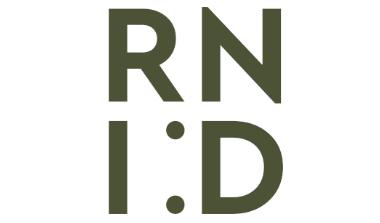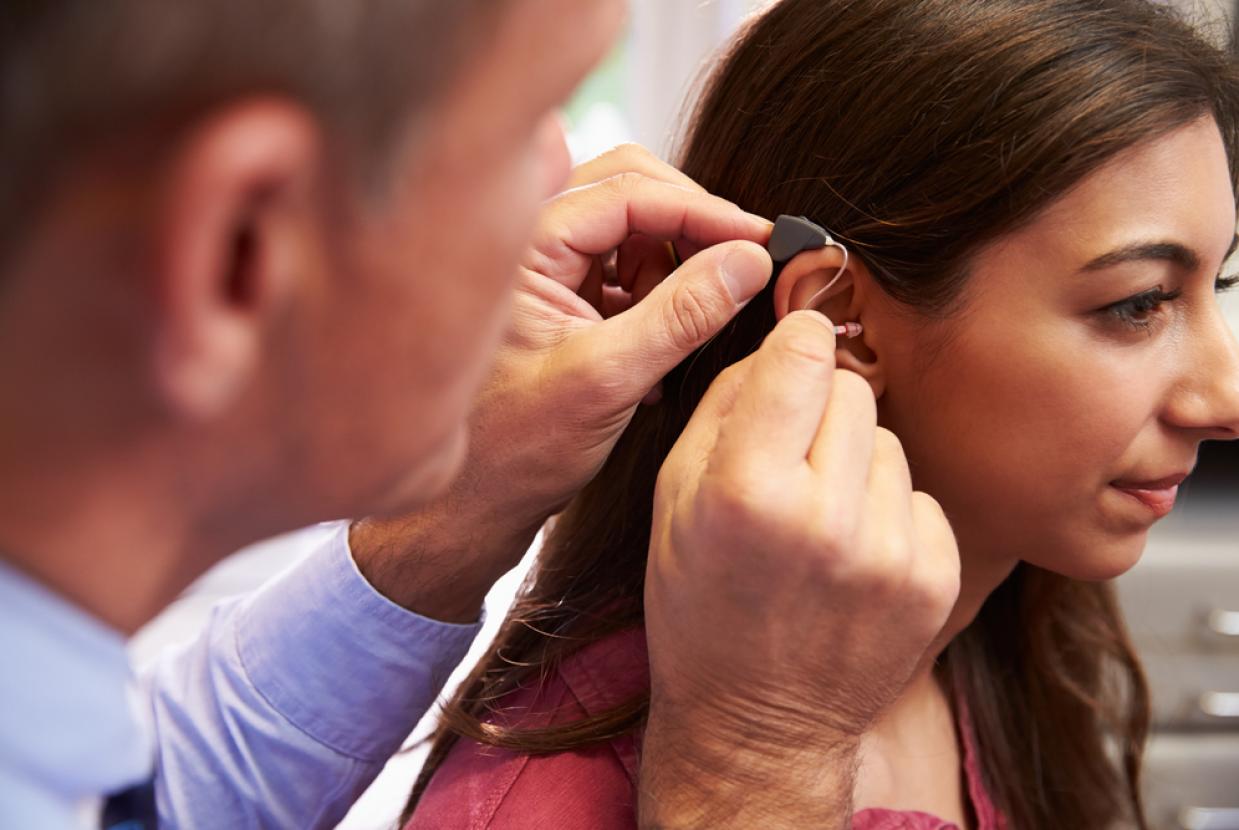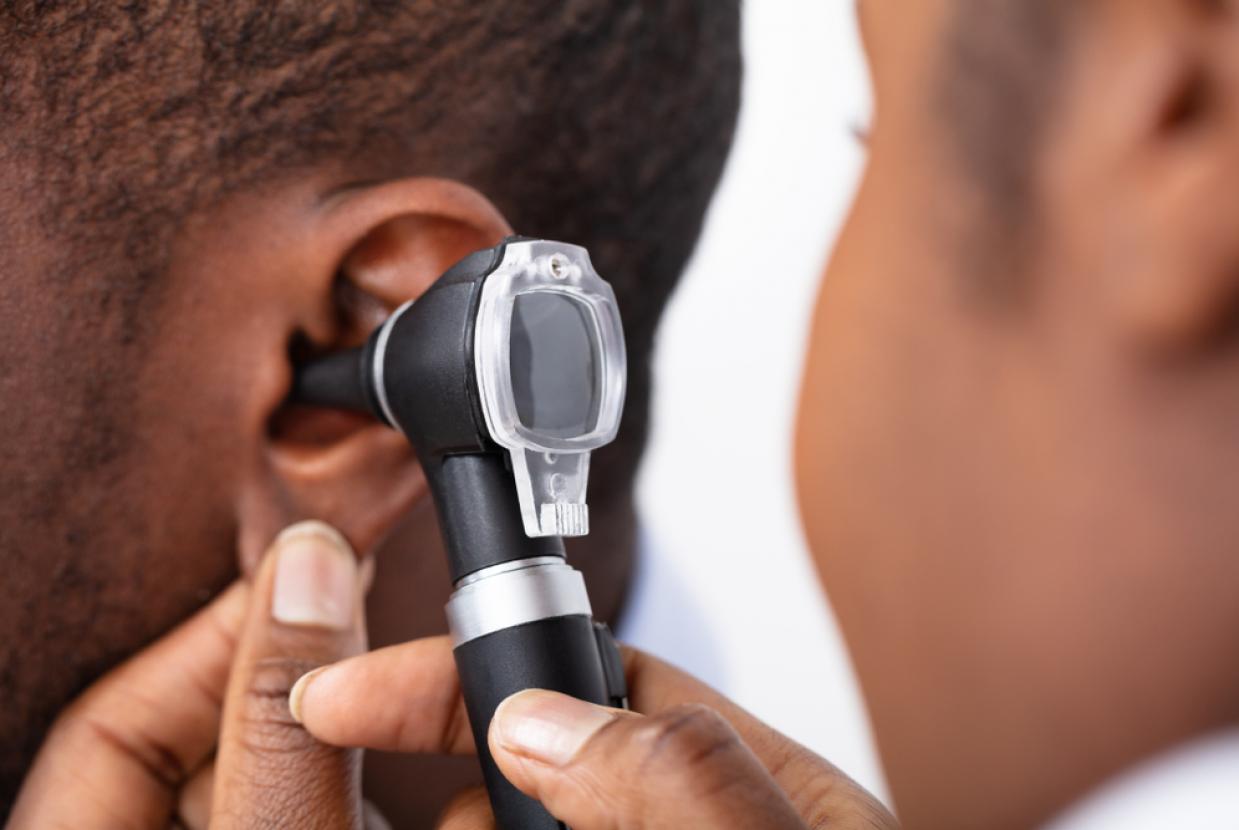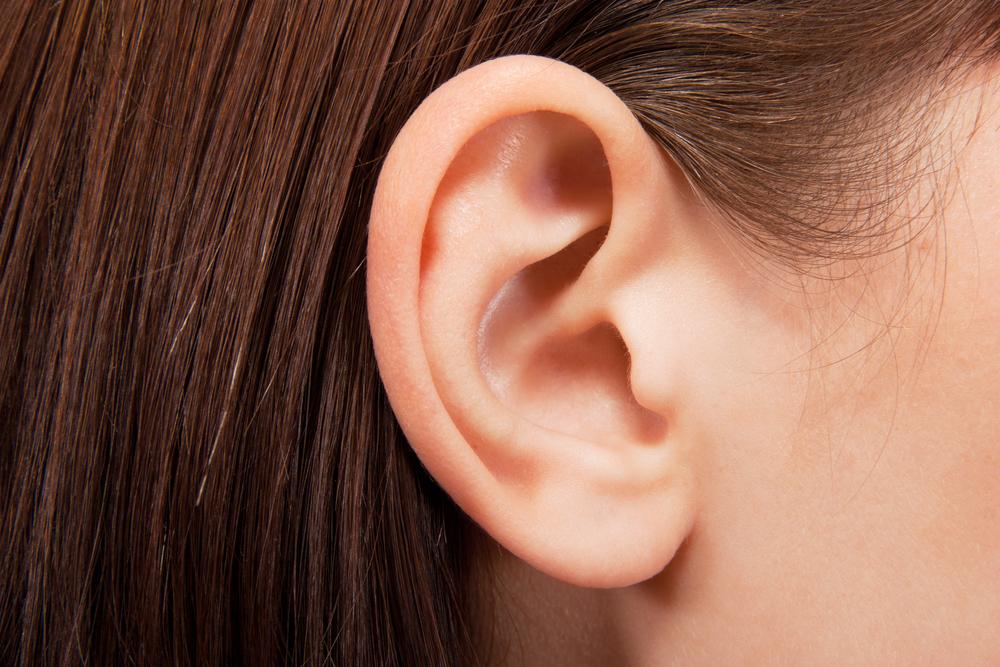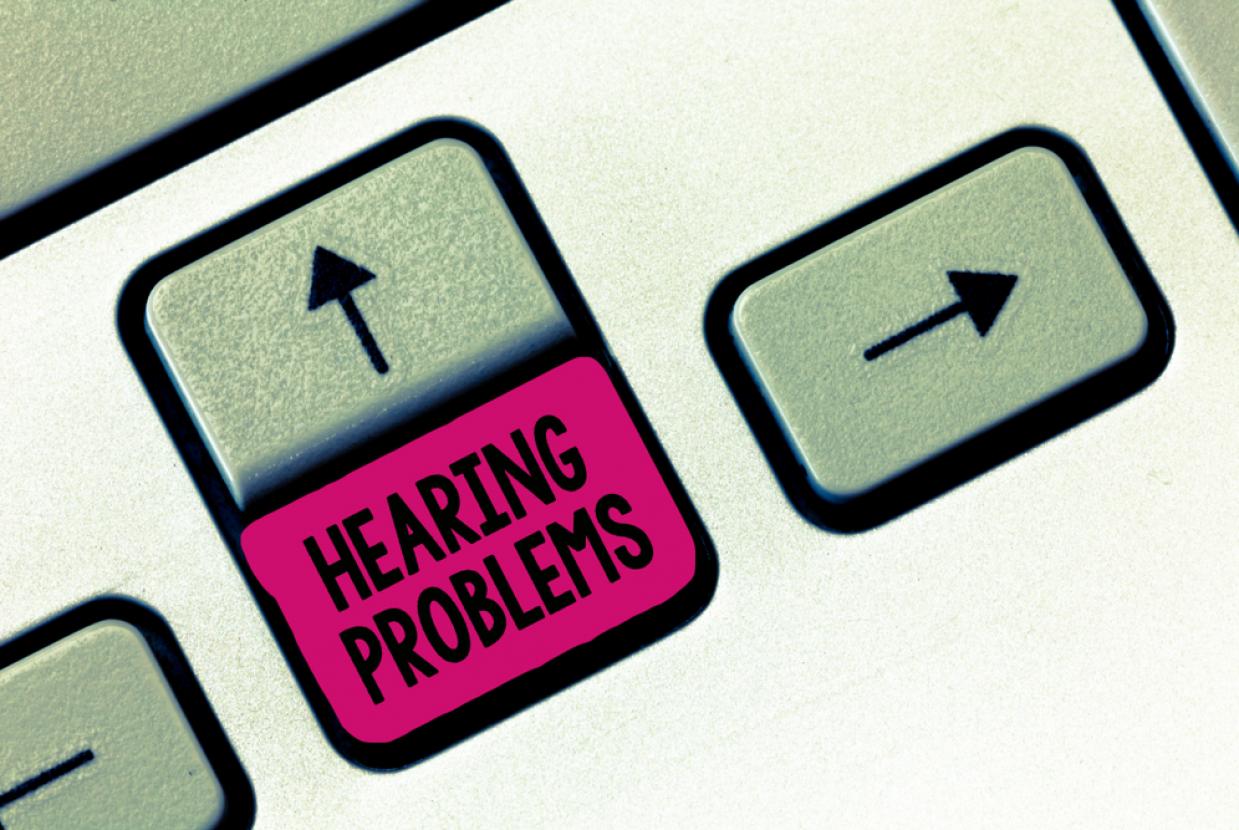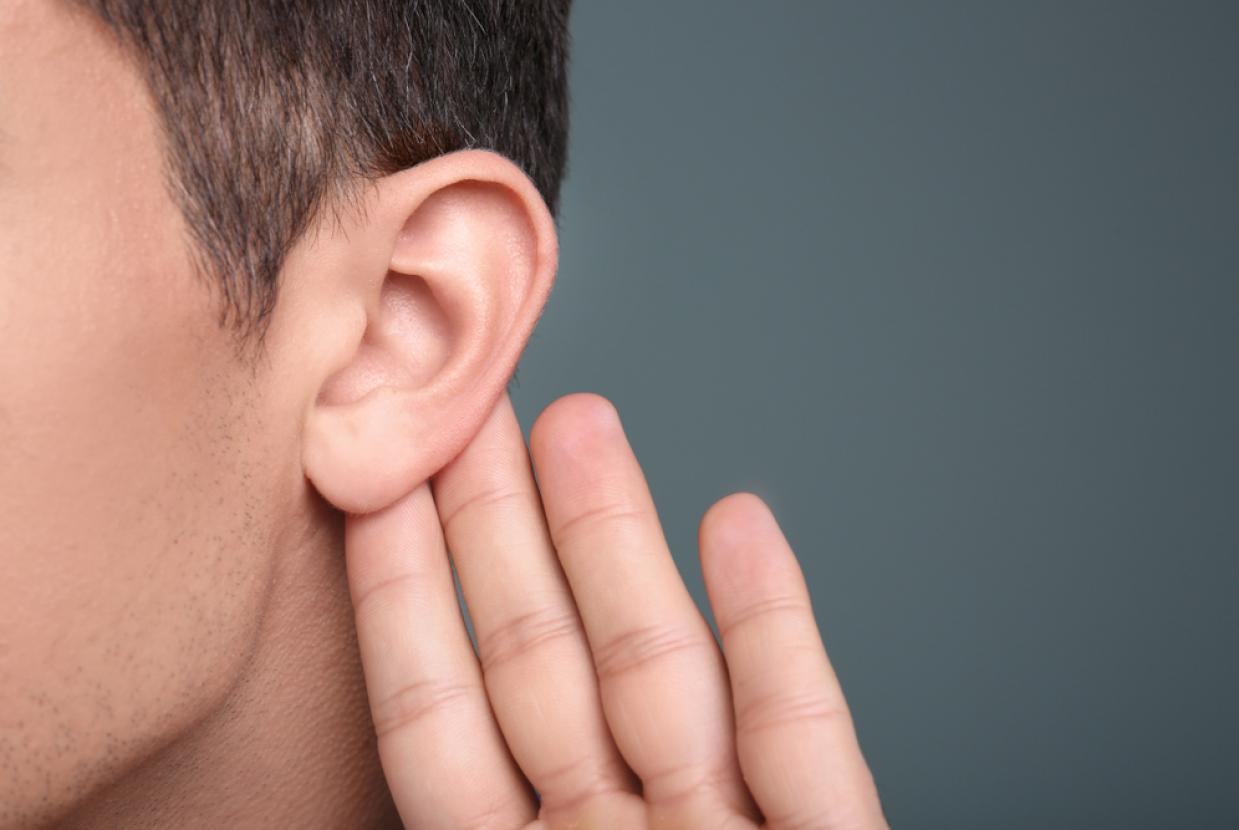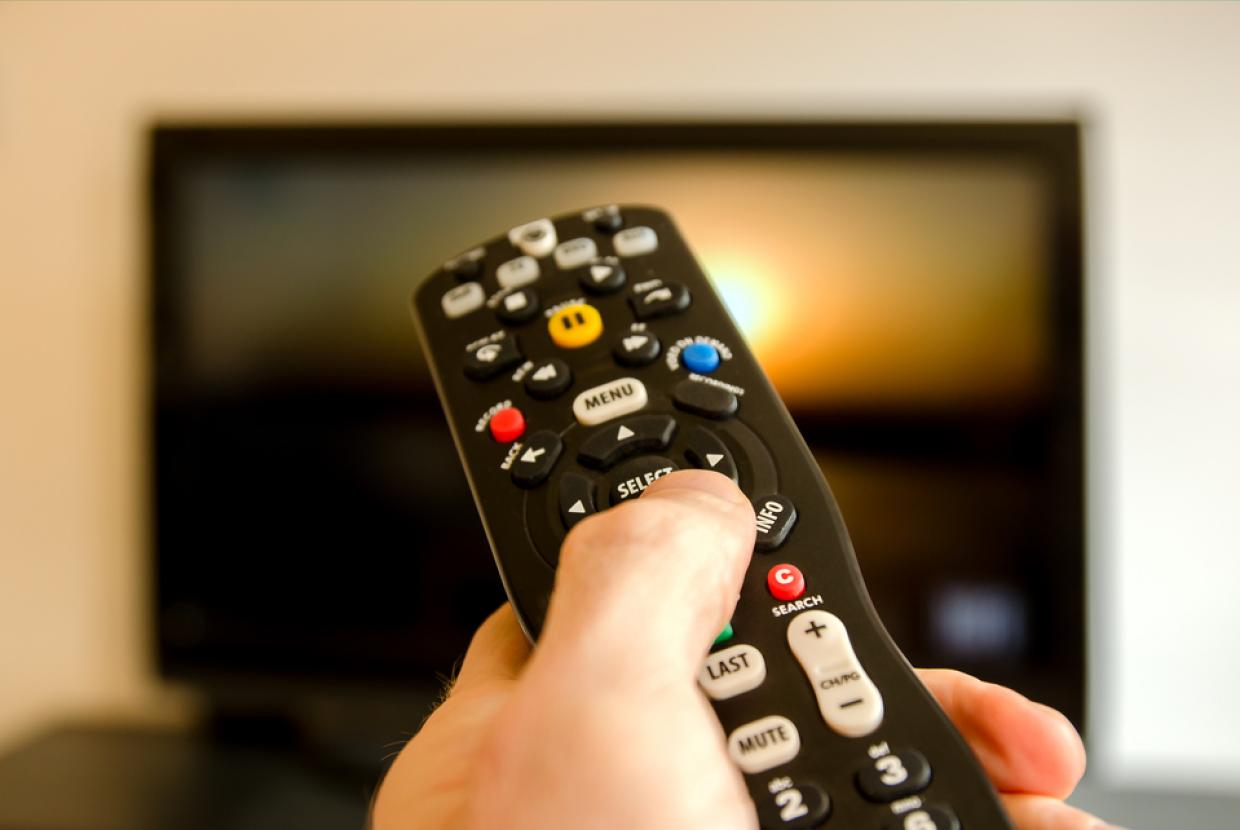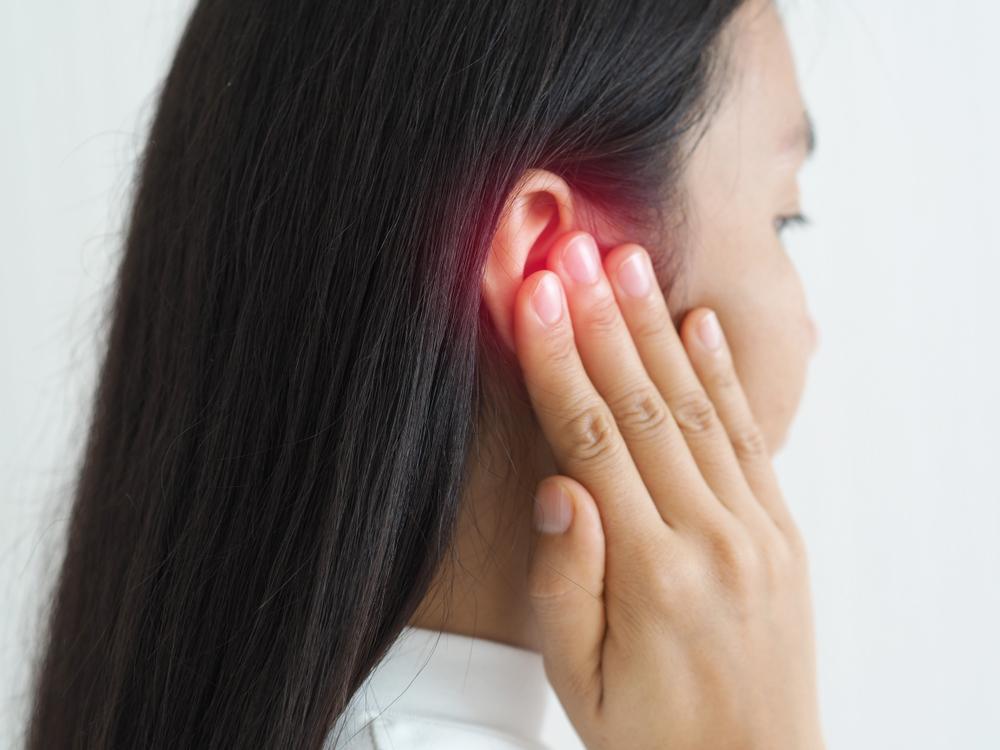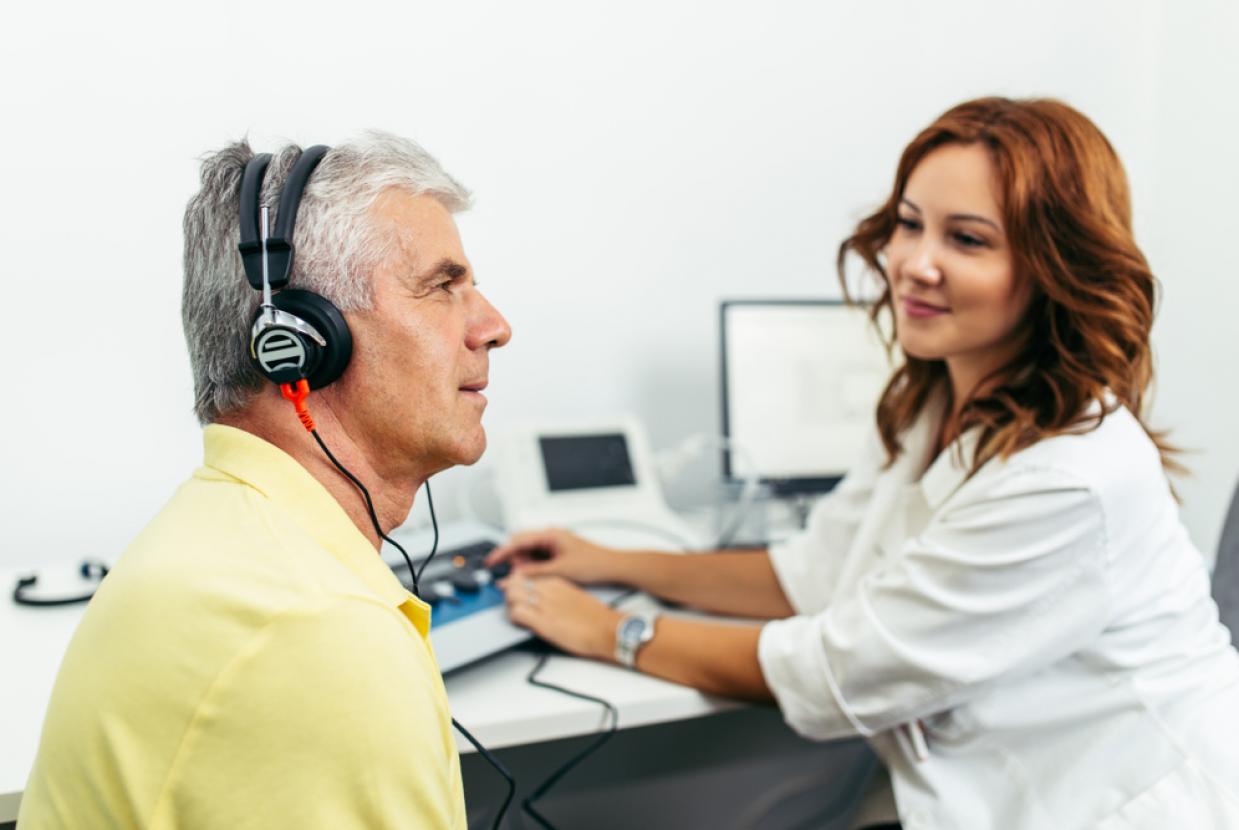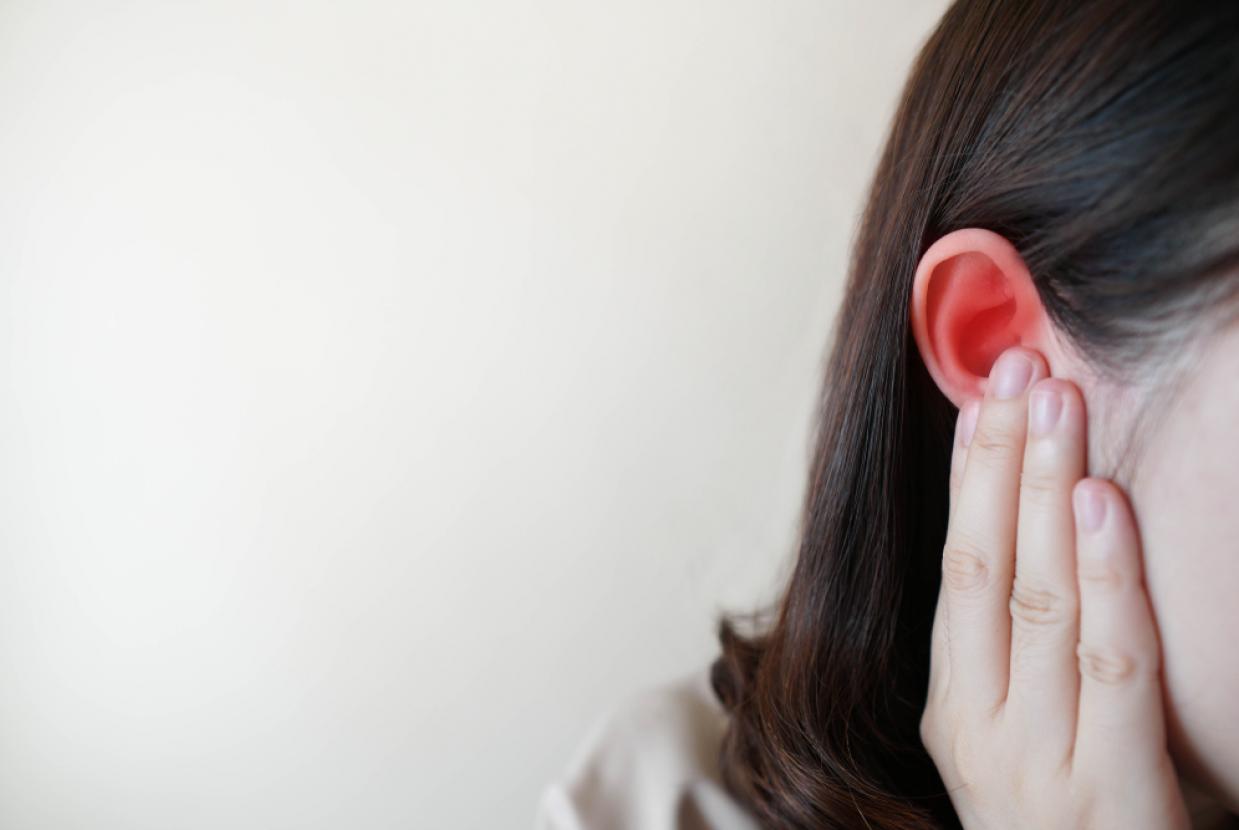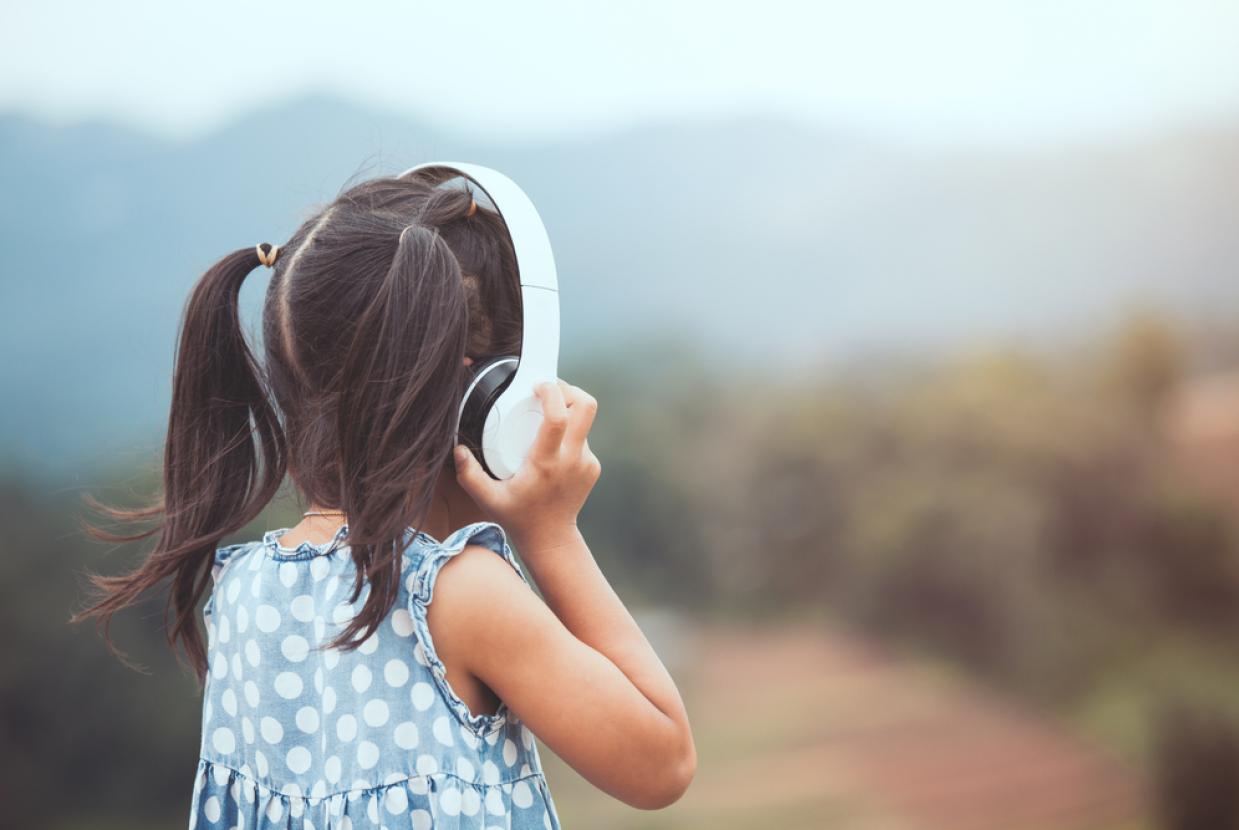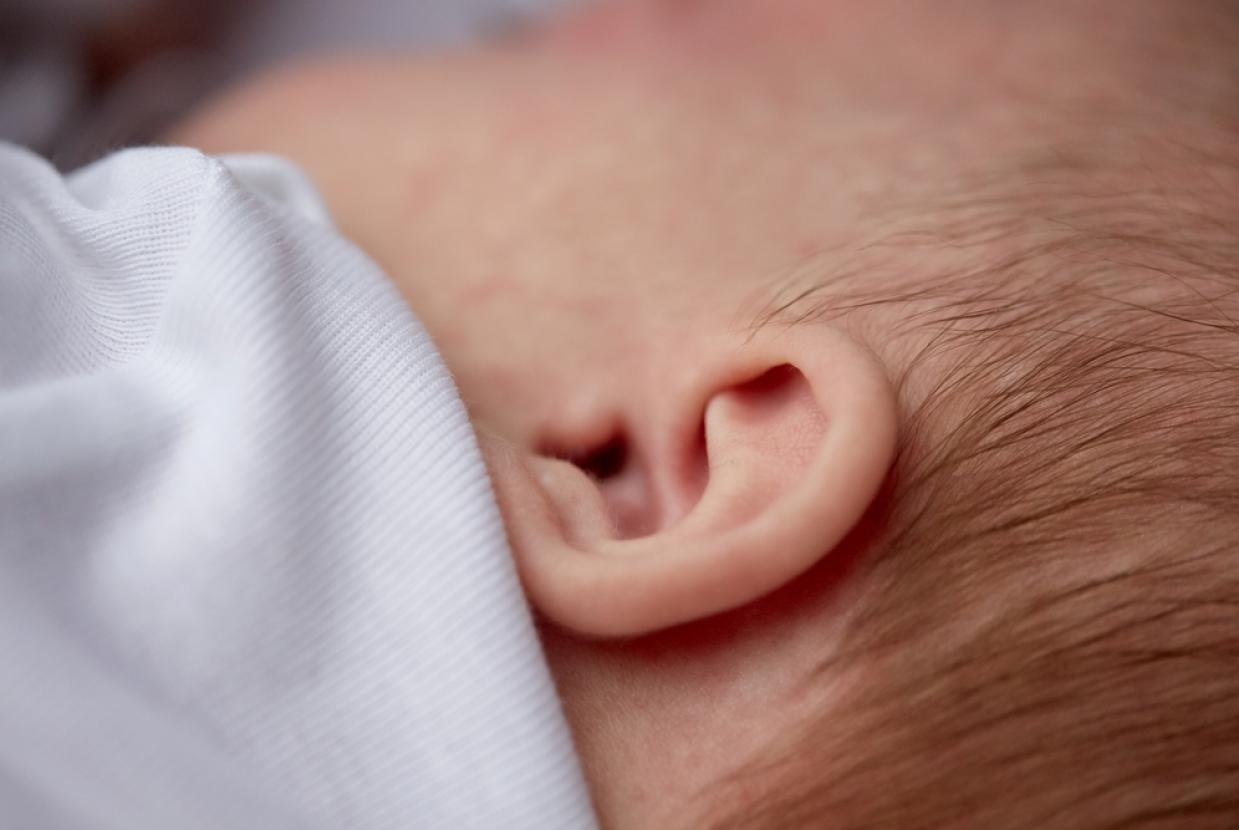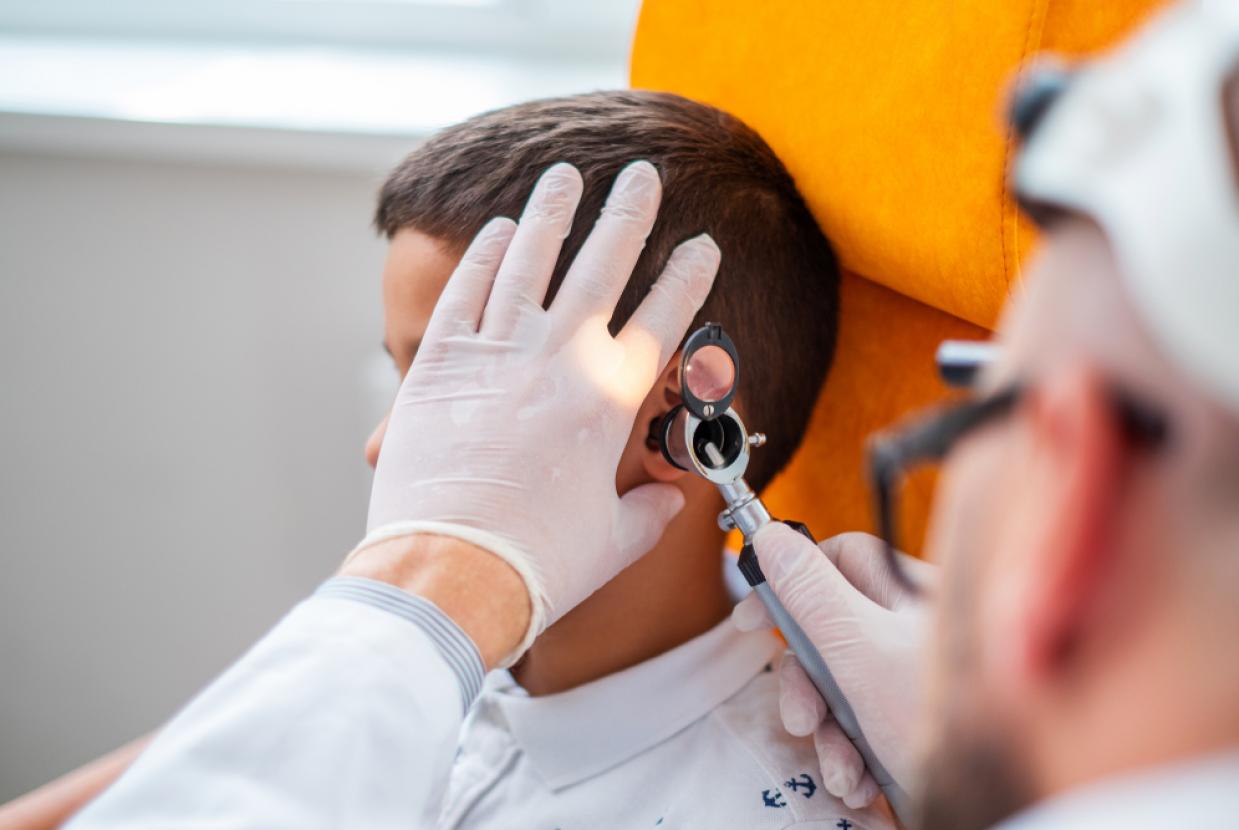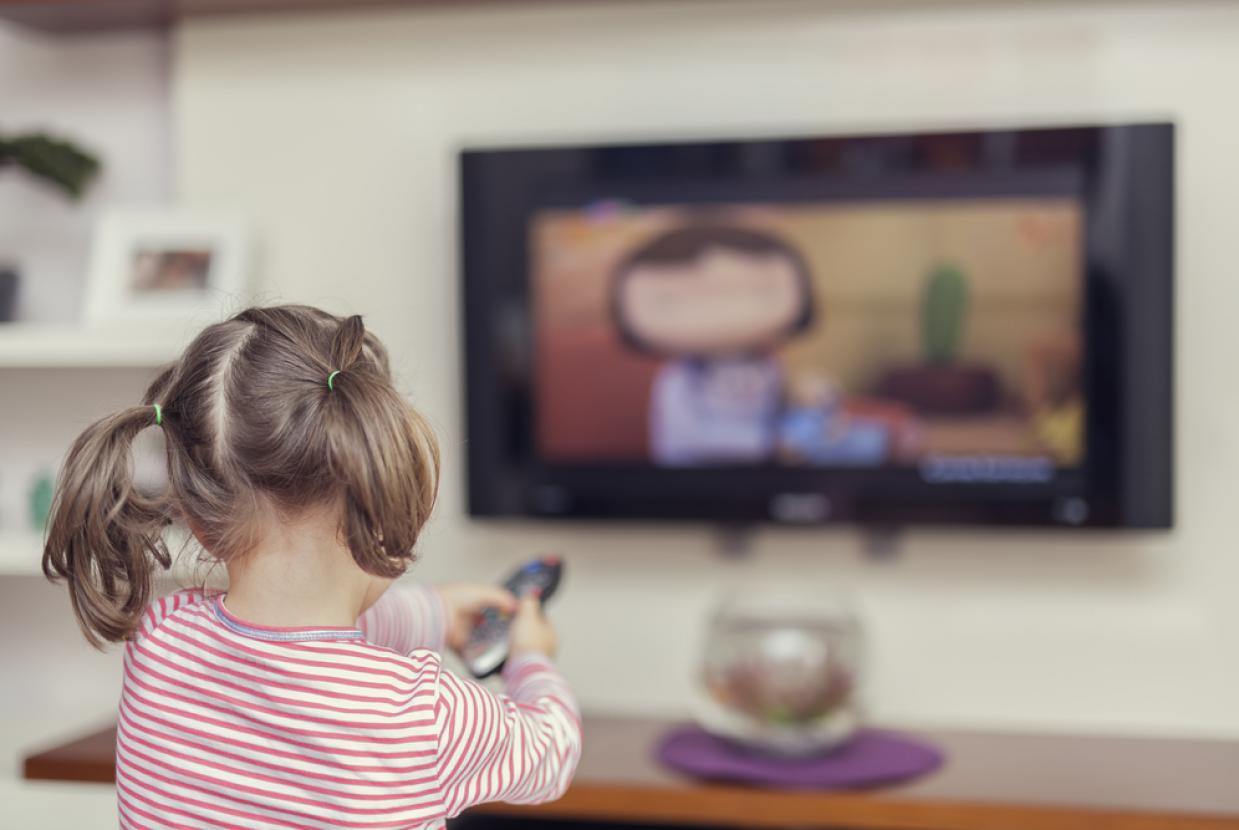Deaf Awareness Week: Making Your Meetings Deaf Aware
HearingWe’ve put together these tips to make meetings more accessible and inclusive for deaf people and those with hearing loss.
Before the meeting
Check if anyone needs communication support
Ask before the meeting if anyone needs communication support. Participants might need a British Sign Language (BSL) interpreter or a text alternative to speech. Text alternatives to speech include:
- automated captions
- a speech-to-text reporter
- a transcript
- a notetaker.
Allow plenty of time to arrange these.
Nominate a note or minute taker
The note or minute taker should summarise actions and next steps. Avoid asking an attendee who is deaf or has hearing loss, because they’ll be focused on following the meeting and possibly lipreading.
Test technology
Make sure the technology you will use for the meeting is accessible by testing it with someone who is deaf or has hearing loss.
Send an agenda
Circulate an agenda in advance so everyone has clear reference points to follow.
Schedule breaks
Schedule breaks if the meeting is likely to exceed more than 1 hour.
Pick a suitable place
Pick somewhere well lit without lots of background noise or other distractions.
During the meeting
Find a quiet place
Background noise will be picked up by some microphones and make your voice less clear. For people with hearing loss, good sound quality is really important in order to be able to clearly understand what is being said. Use any noise cancellation features offered by the software or device you’re using.
Turn on captions
Automated captions are not 100% accurate. Hearing participants can support colleagues by turning captions on as well.
This allows participants to quickly clarify captioning errors and see how their microphone and background environment affect speech quality and captioning accuracy.
Mute yourself when you’re not speaking
This is really important as background noise can be distracting and confusing – but don’t forget to unmute the mic before you speak.
Turn your camera on
Keep still and stay close to the camera. Someone might be trying to lipread.
If you’re going to use British Sign Language (BSL), don’t blur your background because your hands may become blurred when you sign.
Let people know who will speak
This lets people pin the speakers, which will help the lipread if they need to.
Say your name and use visual cues
Say your name before speaking so others can look at your face to lipread. Use visual cues, such as raising your hand before speaking.
Make it easy for people who are lipreading
People who are lipreading will need to be able to see your lip pattern. While you’re speaking, don’t cover your mouth, chew gum or eat.
Don’t speak over one another
If colleagues are speaking over each other during a call, take control and remind attendees to speak one at a time.
Record the meeting
Make sure the recording includes interpreters and captions. Share the recording after the meeting for reference.


